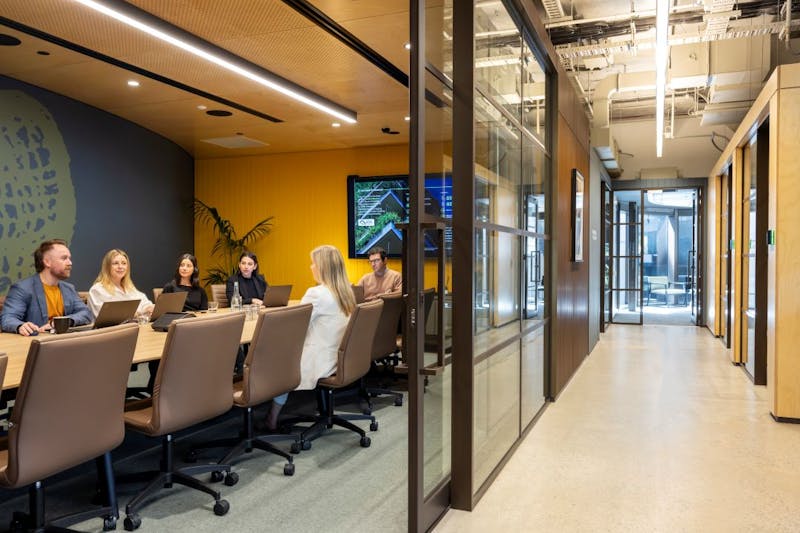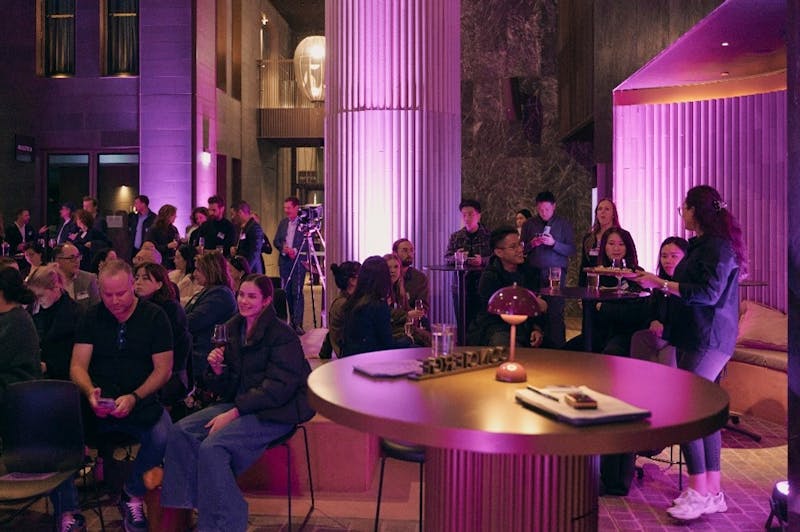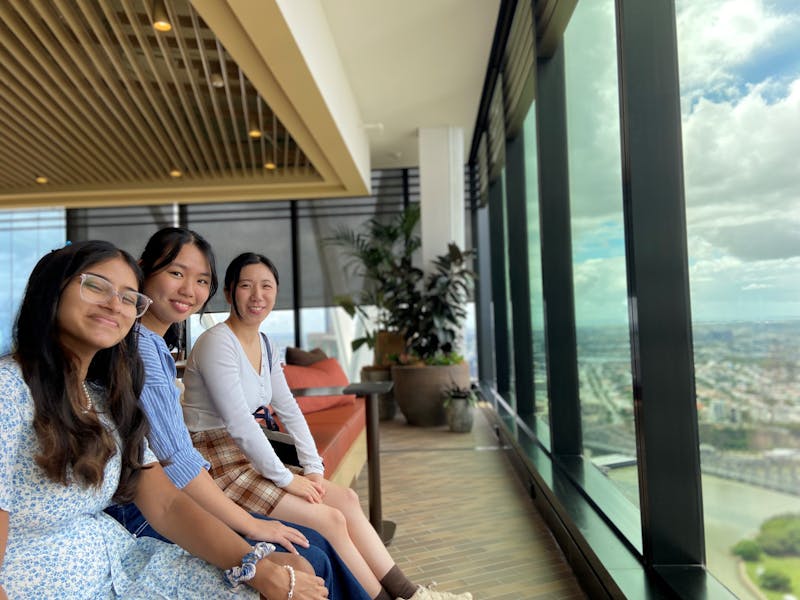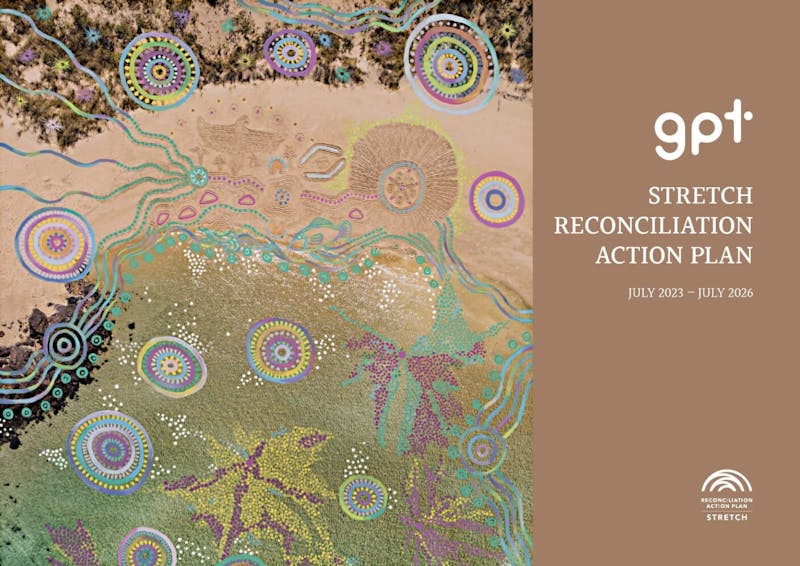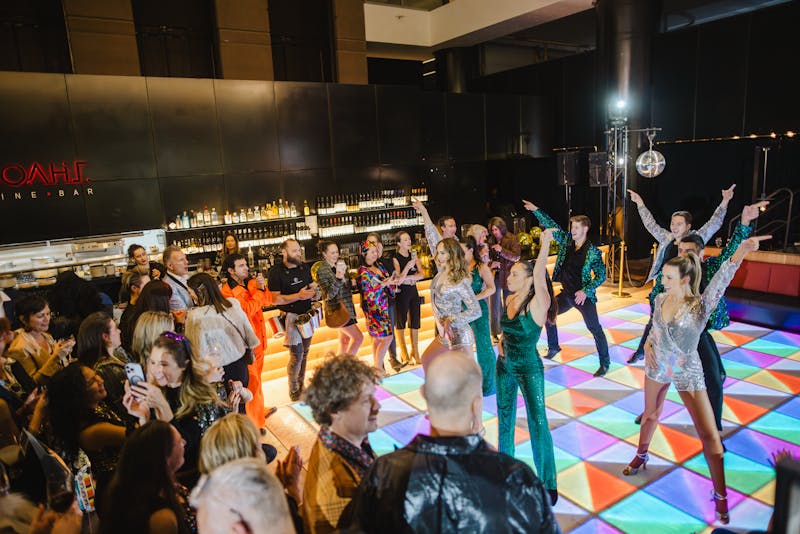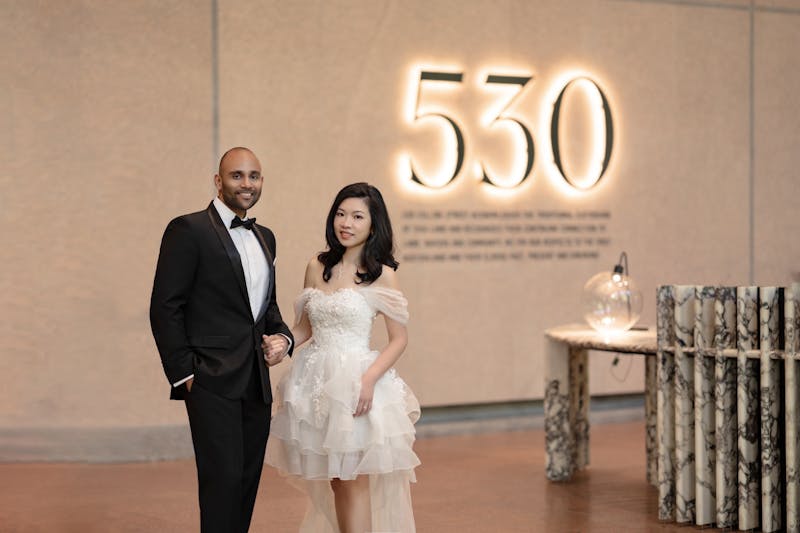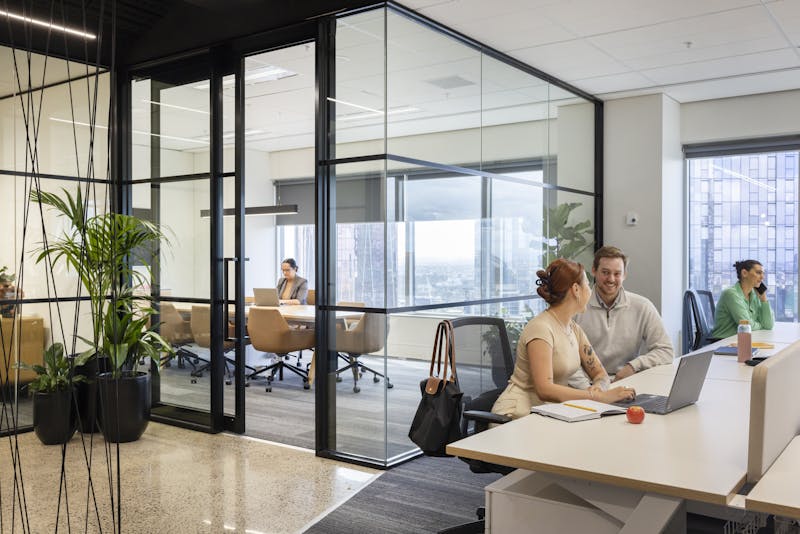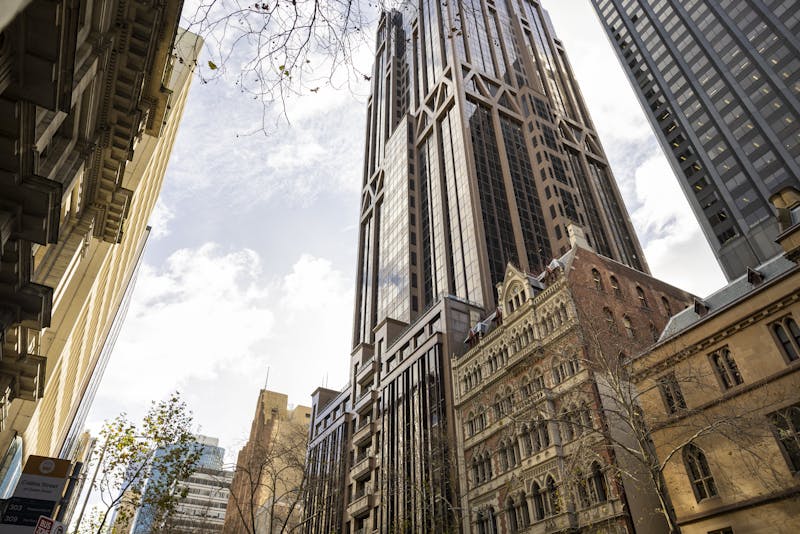
5 Tips to Attract and Retain Talent
If we’ve learned anything from the last few years in business, it’s the importance of human capital. An engaged, supported and valued workforce is one of the largest contributors to business performance and success.
In 2022 we saw the ‘Great Resignation’ and ‘Quiet Quitting’, and increasingly people sought out a job with purpose and alignment with their values. This year, I expect companies will need to work harder to retain top talent with an enhanced focus on purpose, empathetic leadership and clarity around their employee value propositions, which will include a greater investment in physical workplaces.
Potential and performance remain important factors in identifying top tier talent, but a third axis is gaining prominence – engagement. Engagement speaks to energy, mindset, alignment and passion. Engaged performers are considered culture carriers and are strong role models within an organisation who can shape your business success.
Here are my five tips to attract and retain top-tier talent:
- 1. Define your purpose and shout it from the rooftops
The 2022 Edelman Trust Barometer found 60% of people will choose their workplace based on their beliefs and values.
Therefore, creating opportunities that align with employee passions, but also their purpose and values is going to be highly influential when retaining staff and recruiting talent.
These qualifiers cannot be out of sync. Investing in your company’s vision and clearly communicating the why you do what you do will create focus and help people decide whether your workplace is a great fit for them.
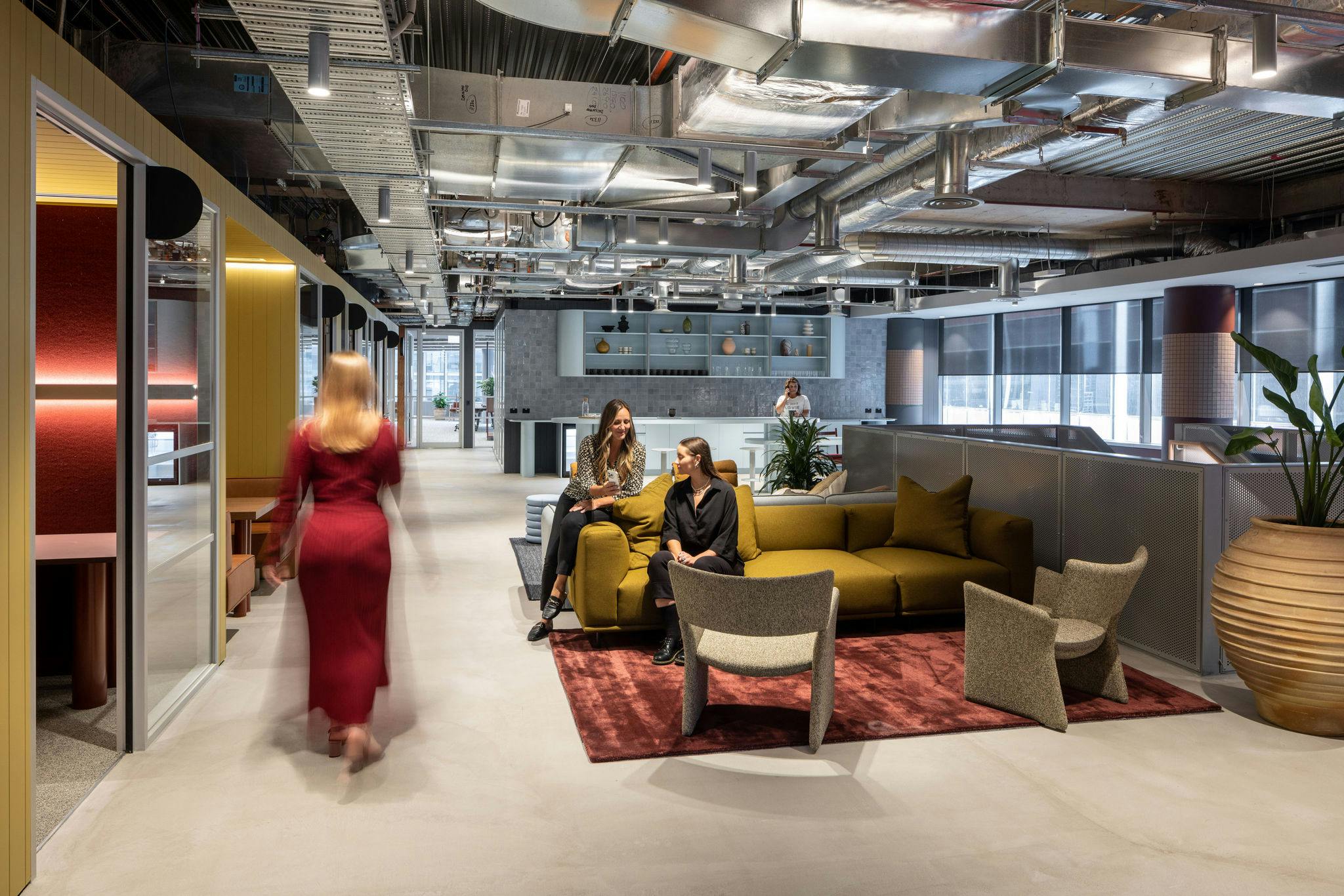.jpg?auto=format&w={width})
_Adjusted.jpg?auto=format&w={width})
- 2. People & Culture leaders must be involved in workspace design
Up until three years ago, Chief Financial Officers and Chief Executive Officers decided where offices would be located and what they looked like before we were directed to work from home. In today’s world of work, businesses must give employees a reason to come back to the office and ‘earn the commute’ from staff. Who better to assist in making the office environment more attractive than the team who understands people best, the People and Culture team?
Chief People Officers are becoming more active in office leasing decisions as a result of a shift to companies becoming more human-centric and there’s an increased demand for flexible workplaces. At The GPT Group we have a dedicated flexible workplace provider called Space&Co. that offers custom-made office spaces to adapt to different business needs. We’ve seen a dramatic rise in demand for Space&Co.’s coworking environments because of the flexibility and professional network they provide in the new hybrid working environment, with the newest location unveiled at 550 Bourke Street, Melbourne, last month.
The spaces are all sustainable and architecturally designed with end of trip offerings such as showers, a complimentary towel service and bike storage, which is important to staff as companies look to entice them back from the home office. They are also designed to promote culture, collaboration and social interaction for everyone from solo entrepreneurs to larger teams.

3. Define the ‘secret sauce’ of your team culture
Culture has never been more important than it is right now. I think in every organisation with a great culture, there is a secret sauce that makes it special and unique.
At the GPT Group, it's about knowing where we want to go and making sure we inject the right people at the right time to get there. There are activations that you can put in place throughout the employee life cycle. So, if you want a vibrant, authentic, open culture, you've got to provide the opportunity to be honest and authentic. People don’t want mixed messages – so having consistency of messaging in the workplace that permeates into the culture is important. This all helps build trust and psychological safety.
Employees are craving human connection and collaboration. In response, we're pioneering solutions such as dedicated Workspace and Customer Experience Leads in our Space&Co. offering. These newly created roles are entirely responsible for building a dynamic, welcoming community and creating a fun but professional work environment for members.
When considering employee retention, I also believe employees with a genuine passion for what they do are more likely to stay, and I don’t think you can have genuine passion without a fabulous culture and strong sense of community.


4. Get rid of a ‘one size fits all’ mentality
We need to get away from putting people into buckets and stereotyping them based on their profile traits. We must take an individual approach and not assume everyone will develop at the same pace or even have the desire to do so. Ultimately that's what will retain star performers.
This is a true trait of empathetic leadership. The best leaders are those that are empathetic and hold as much EQ as they do IQ. Ability for leaders to tap into individual team member’s motivation and development drivers with the ability to walk in others’ shoes will be valued and support a vibrant and healthy culture.
Every member of your organisation is different, so the policies and practices you have in place should look at the person as a whole. People will stay for opportunities that are aligned with their individual passions, purpose and values.

5. Throw away the HR toolkit and identify non-negotiables
Five years ago, I may have said there’s a checklist of “tools” to keep staff happy. But now it's clear you have to look at the employee value proposition in its entirety. Start by asking potential employees what their non-negotiables are.
The common responses we are hearing now are flexibility, an inclusive culture that supports diversity and a zero tolerance for poor behaviour. The other thing that's non-negotiable is this concept of taking a human-centric approach and seeing your employees as not just a ‘worker’ but really understanding that they have a life outside of work and genuinely supporting their needs to maintain a work-life balance.
They’re not just an employee ID number or a job title, they are a whole person. If you are fulfilling these core needs, that creates your baseline for success.

About Jill Rezsdovics:
Jill is the Chief People Officer for the GPT Group, a publicly listed Real Estate Investment Trust. Prior to GPT, Jill was the Chief People and Culture Officer with OFX, an ASX listed global money services provider. She’s also held senior human resources roles at the Commonwealth Bank and had a 16-year career at Morgan Stanley working across Sydney, Hong Kong and New York in a range of positions, including Chief Operating Officer and Head of HR.
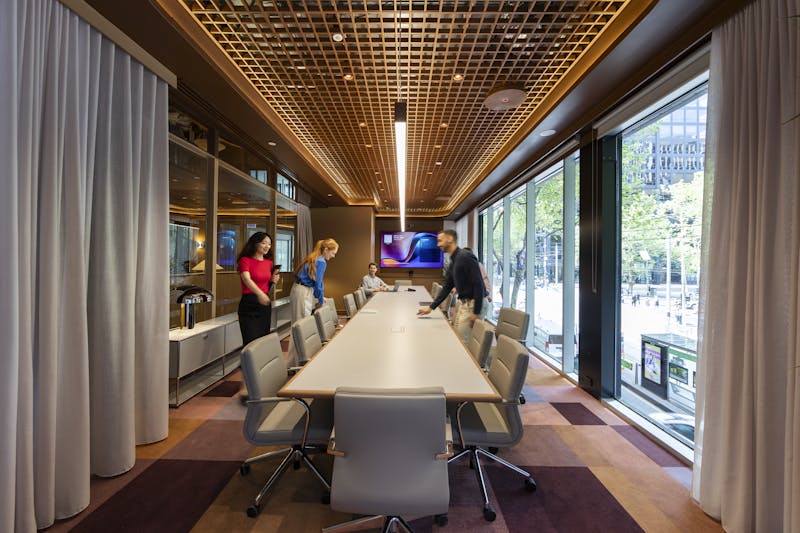

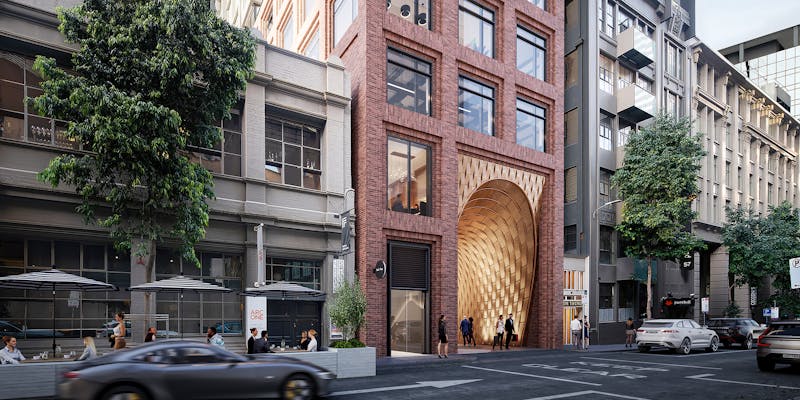
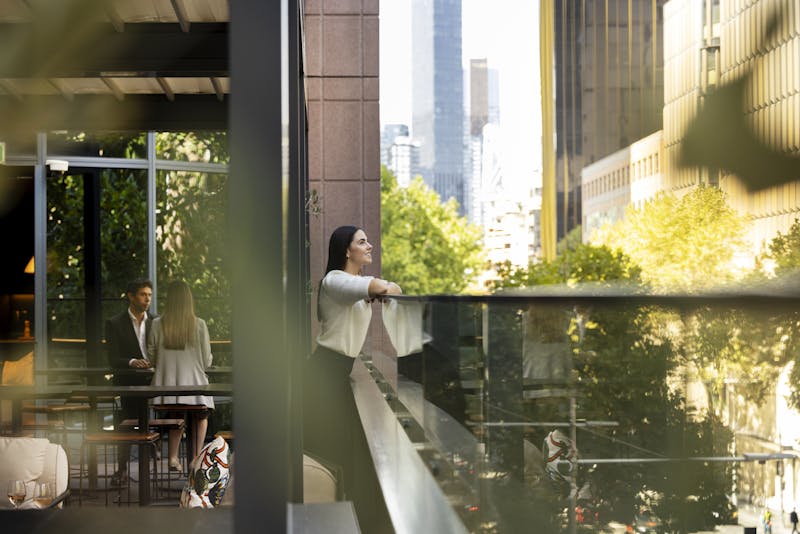
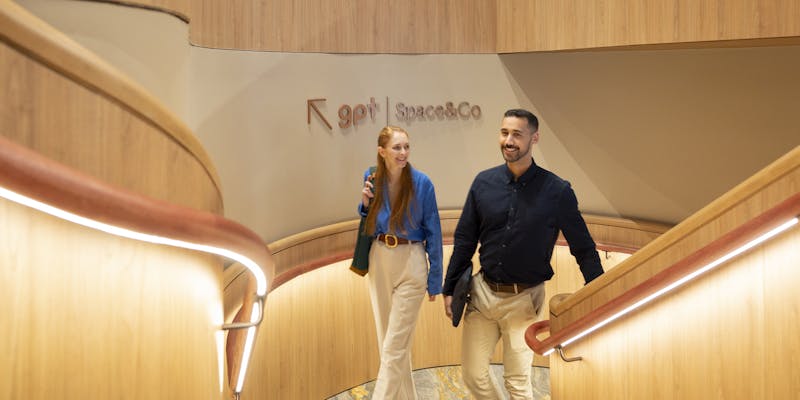

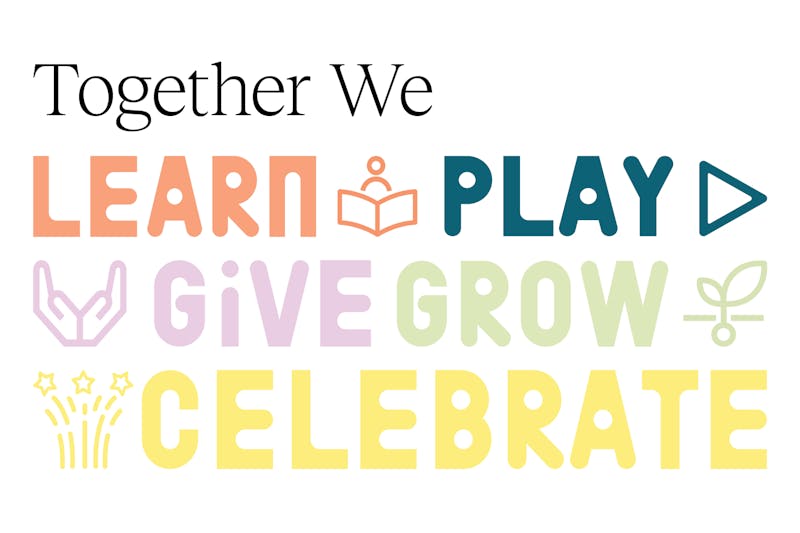
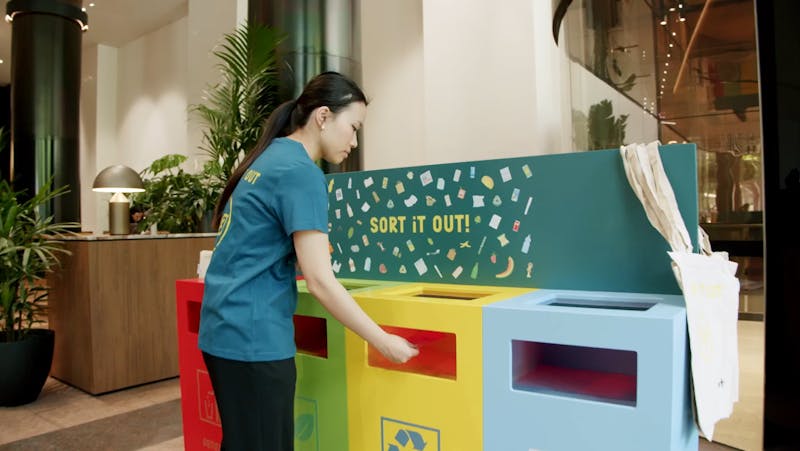



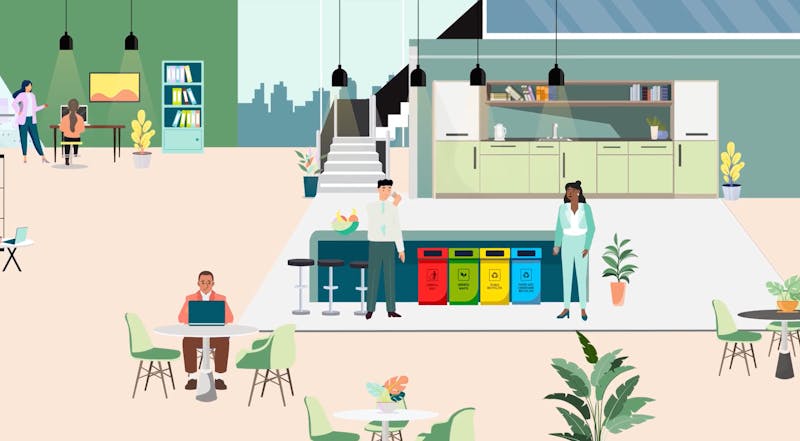

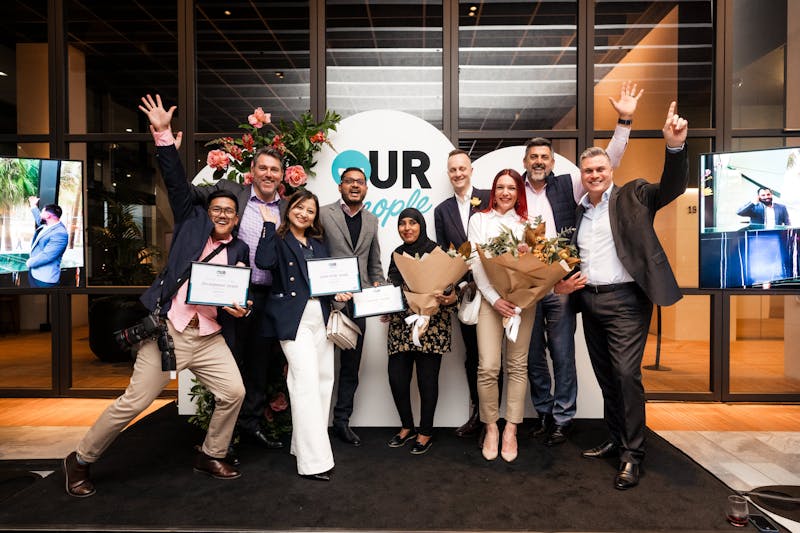


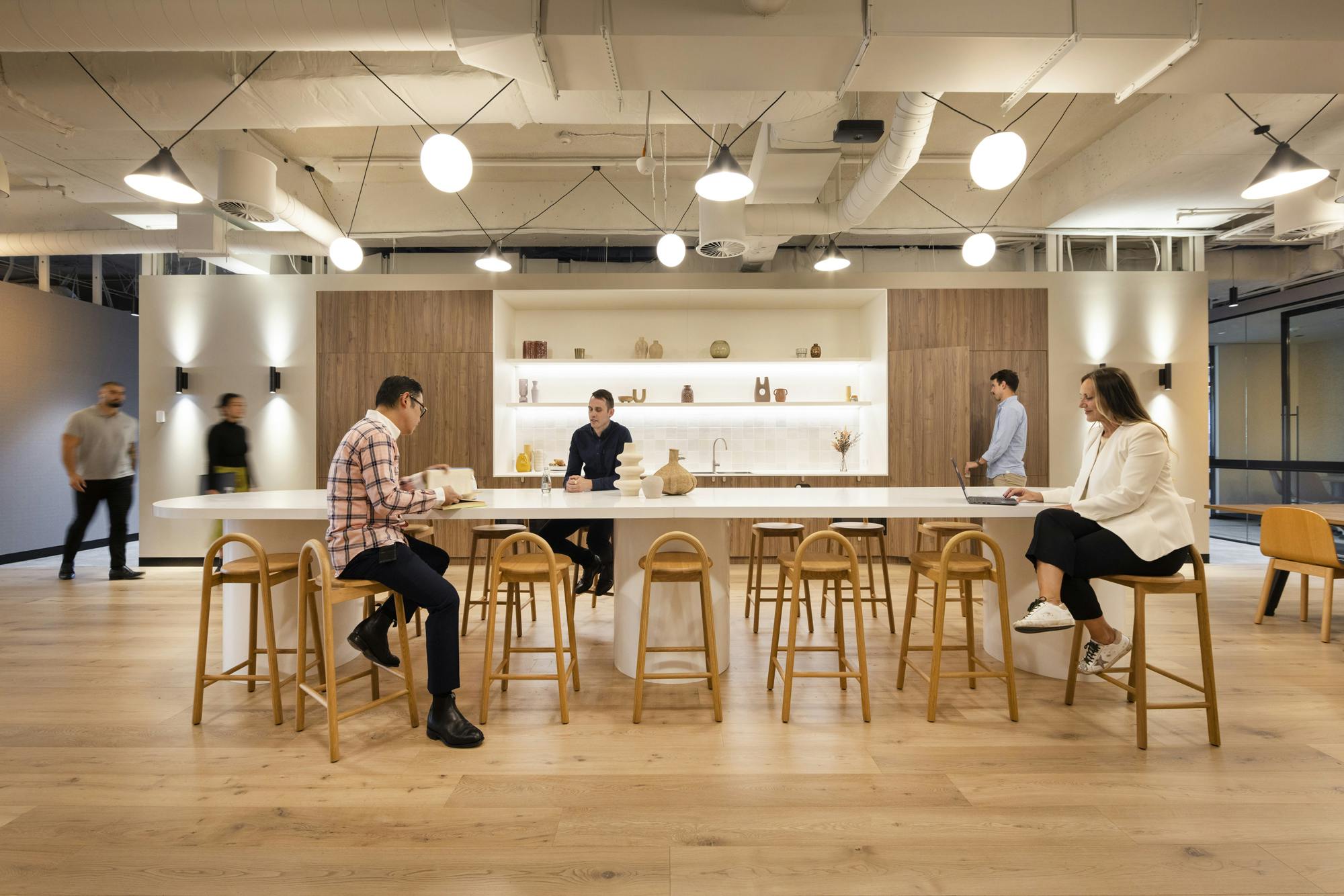.jpg?auto=format&w=800)
